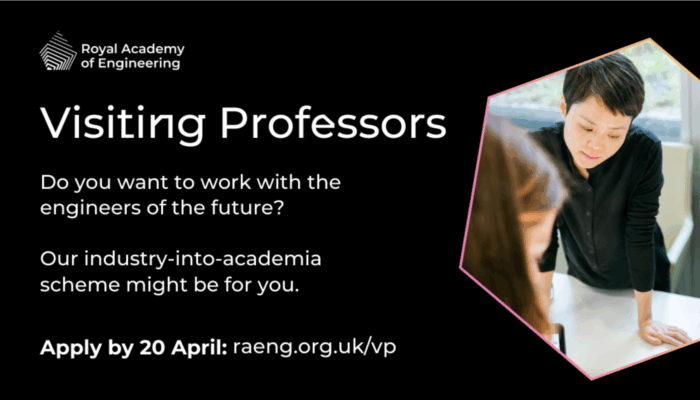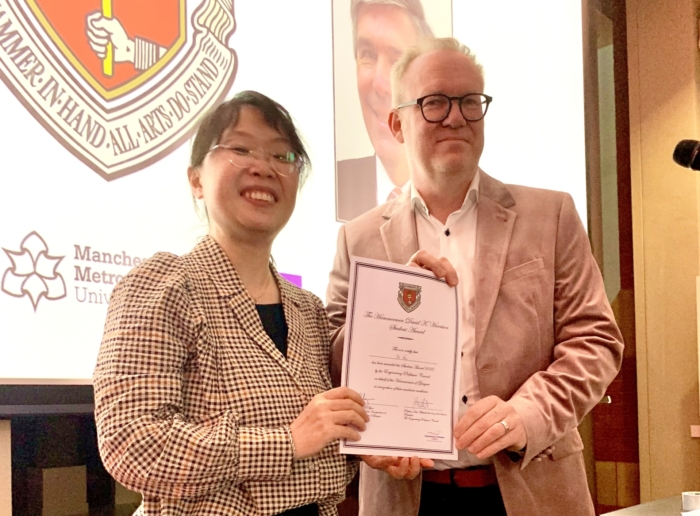On Tuesday 7th November 2023, school pupils, university students and engineers travelled to London for the highly prestigious Primary Engineer MacRobert Medal Award Ceremony to receive recognition for their work in creating a Prototype based on a school pupils engineering idea.
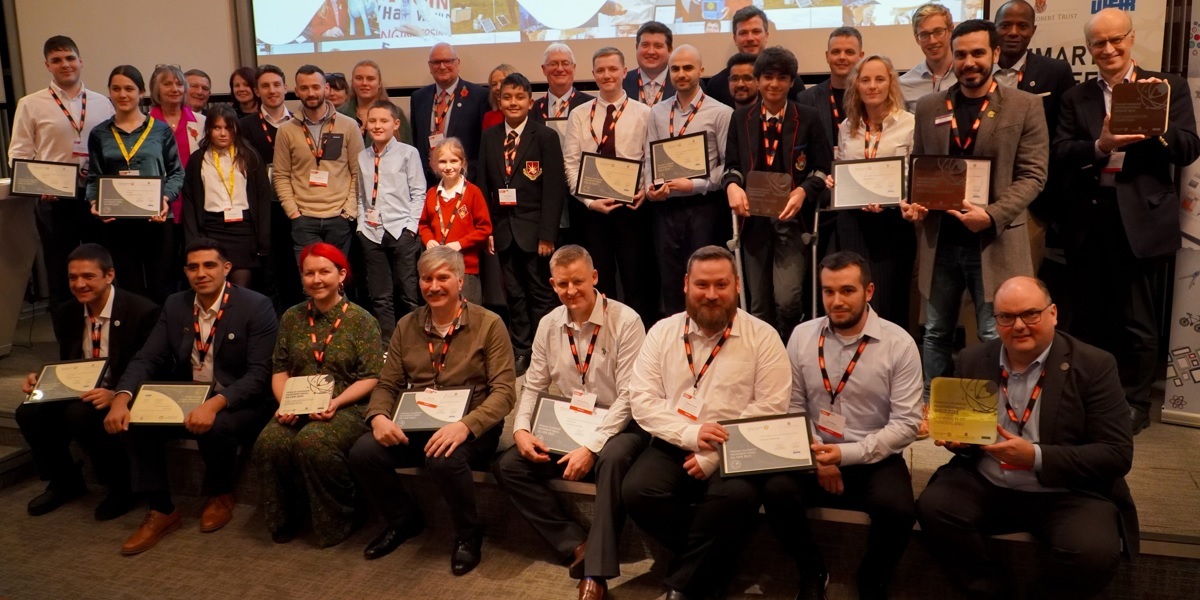
Primary Engineer MacRobert Medal Award Ceremony
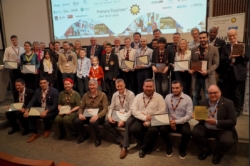 The Primary Engineer MacRobert Medal is part of the wider Leaders Award competition which asks the question “If you were an engineer, what would you do?”. School pupils from the ages of 3-19 are asked to identify a problem in the world around them and come up with a creative solution to that problem. These ideas are then selected by Primary Engineer’s university and industry partners to turn into working Prototypes.
The Primary Engineer MacRobert Medal is part of the wider Leaders Award competition which asks the question “If you were an engineer, what would you do?”. School pupils from the ages of 3-19 are asked to identify a problem in the world around them and come up with a creative solution to that problem. These ideas are then selected by Primary Engineer’s university and industry partners to turn into working Prototypes.
The event, which was hosted at the Institution of Mechanical Engineers, is designed to celebrate the people who have turned the ideas of school pupils into reality. School pupils who took part in the Leaders Award competition answered the question “If you were an engineer, what would you do?”, and partners of Primary Engineer select ideas each year and to build into working prototypes.
The ceremony consisted of 2 Bronze Medals, 2 Silver and 3 Gold. The Gold Medallists where the Flat Pack Wind Turbine, developed by Glasgow Caledonian University, which is used to generate power in refugee camps. A Unicorn Health Bot, developed by the University of Sunderland, designed to calm sick children while they receive treatment in hospital, and a Face For a Plant, developed by Thales, which monitors the soil and displays what the plant needs in the form of an emoji.
Dr Susan Scurlock MBE, Founder and Chief Executive of Primary Engineer, spoke at the award ceremony and said:
“The young people who entered the competition at the outset may not have known what engineering is, but now they know what engineering does – it helps people, saves the planet and makes the world a better place. The quality of the ideas and designs has completely blown us away this year, with it being an exceptionally tough job for the judges to decide the winners from our shortlisted prototypes, all of which have incredible potential to impact the real world.
What these inspiring school pupils, university students and engineers have shown us above all else is that “If you were an engineer, what would you do?” is a question that has the potential to change more than we know!”
The award is supported by The MacRobert Trust and Weir Group, and Jon Stanton – Chief Executive Office at WEIR Group PLC – was part of the judging panel, as well as presenting the gold medals at the award ceremony. He said:
“It’s a fantastic initiative that harnesses the imagination and creativity of school children and showcases what can happen when you engage children in engineering from a young age. Weir is a longstanding industry partner of Primary Engineer, and I was honoured to be part of the judging
panel. We’re delighted to celebrate the winners who have demonstrated the very best in engineering and the potential to make an impact in the real world. Congratulations to you all.”
School pupils from Edinburgh, Kinross, Linlithgow, Livingston, Liverpool, Newcastle and Sevenoaks made the trip to the ceremony as well as the ProtoTeams which consisted of engineers and students from Edge Hill University, Glasgow Caledonian University, Thales, the University of Edinburgh and the University of Sunderland.
The event also marked 10 years of the Leaders Award competition, with Primary Engineer launching have released a book showcasing some of the hundreds of thousands of ideas that have been submitted across the years. Thanks to partnering with InnovateUK, the book was officially launched at the event.
This year marked 10 years of the Leaders Award competition, and at this event Primary Engineer launched the book they have published to celebrate a decade of asking the question. “If you were an engineer, what would you do?”. The book, which was done in partnerships with Innovate UK, showcases some of the hundreds of thousands of ideas that have been submitted by school pupils.
You can find a full list of the winners and learn more about each prototype here, or by expanding the sections below.
Bronze medals
Silver medals
Gold medals
 Primary Engineer®, since 2005, have developed an engineering curriculum that spans Early Years, Primary, Secondary and Further Education institutions. Its core aims include; the development of children and young people through engagement with engineering, the promotion of engineering careers through inspiring programmes and competitions, the development of engineering skills for teachers and practitioners addressing the inequalities in engineering.
Primary Engineer®, since 2005, have developed an engineering curriculum that spans Early Years, Primary, Secondary and Further Education institutions. Its core aims include; the development of children and young people through engagement with engineering, the promotion of engineering careers through inspiring programmes and competitions, the development of engineering skills for teachers and practitioners addressing the inequalities in engineering.
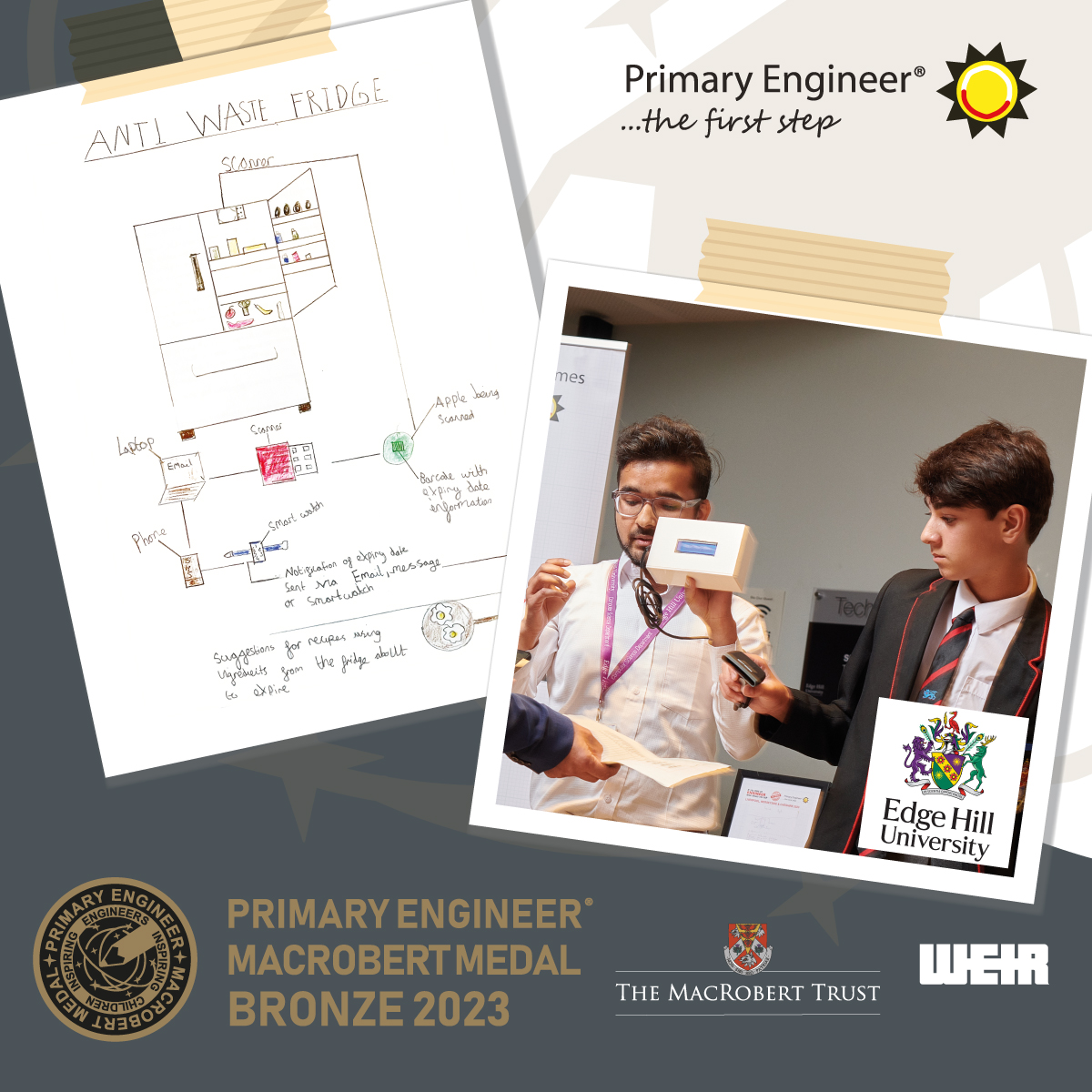
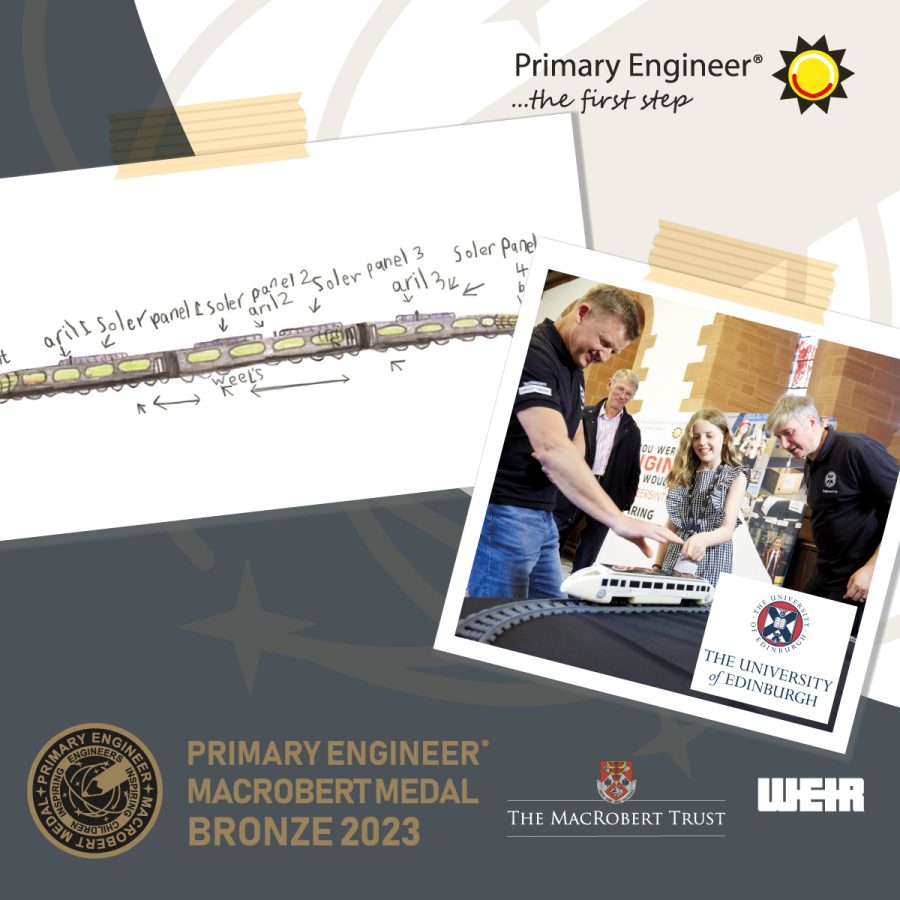
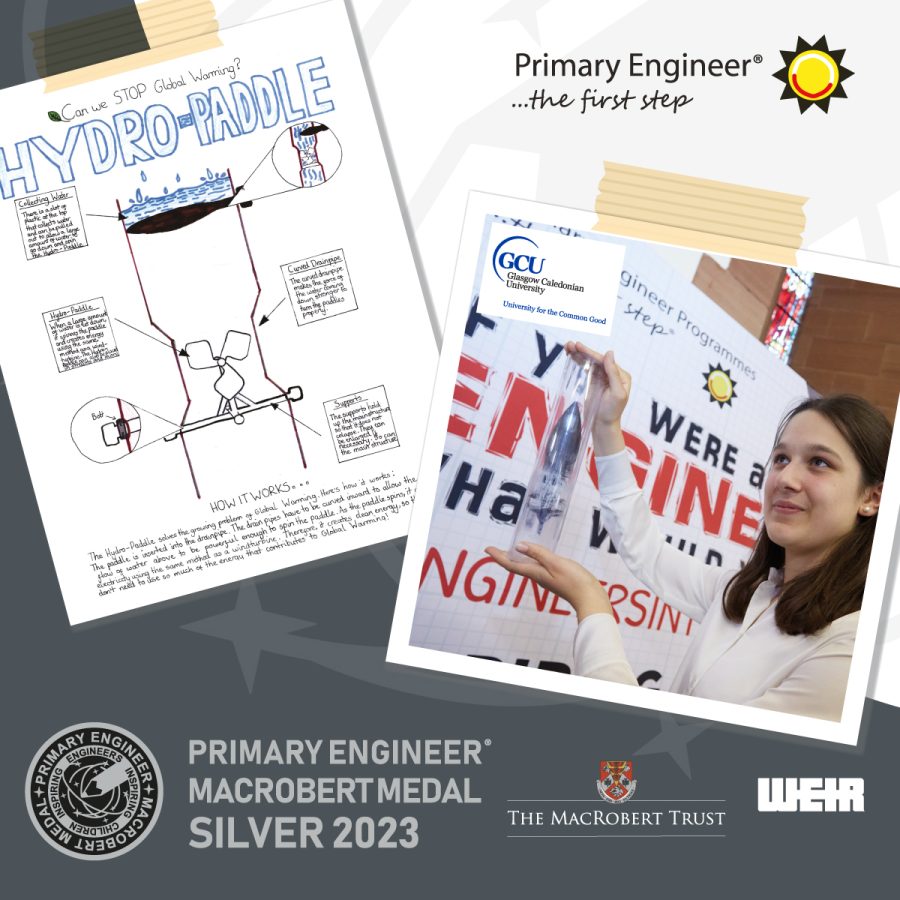
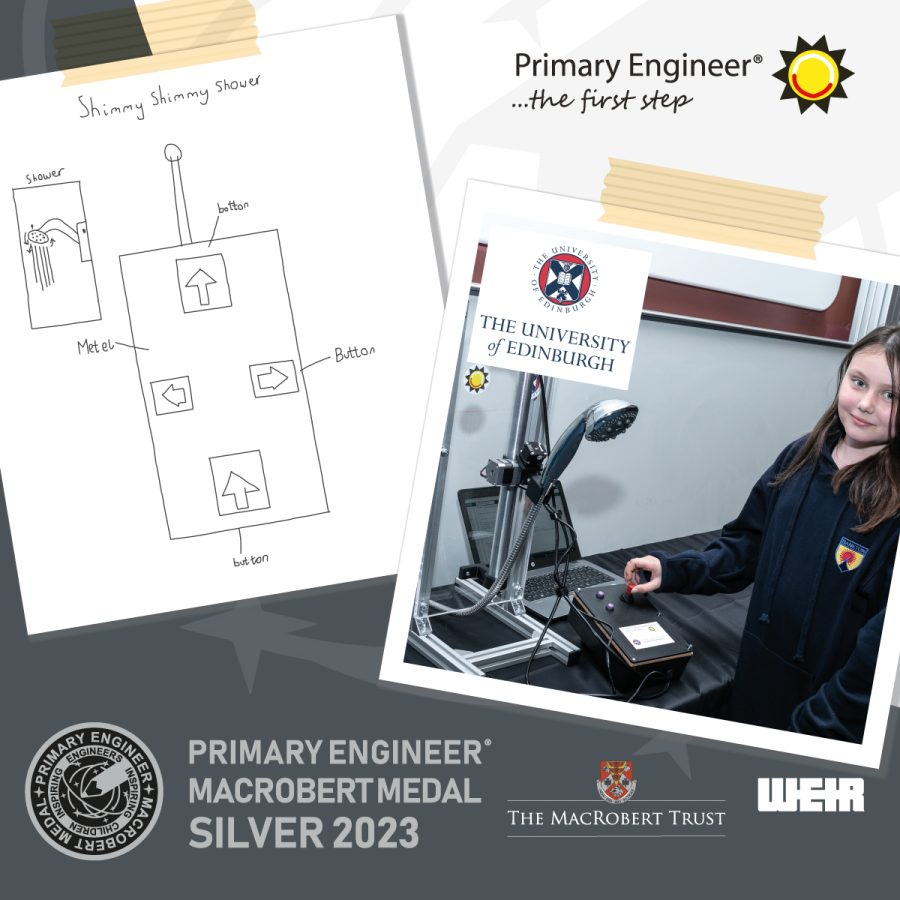
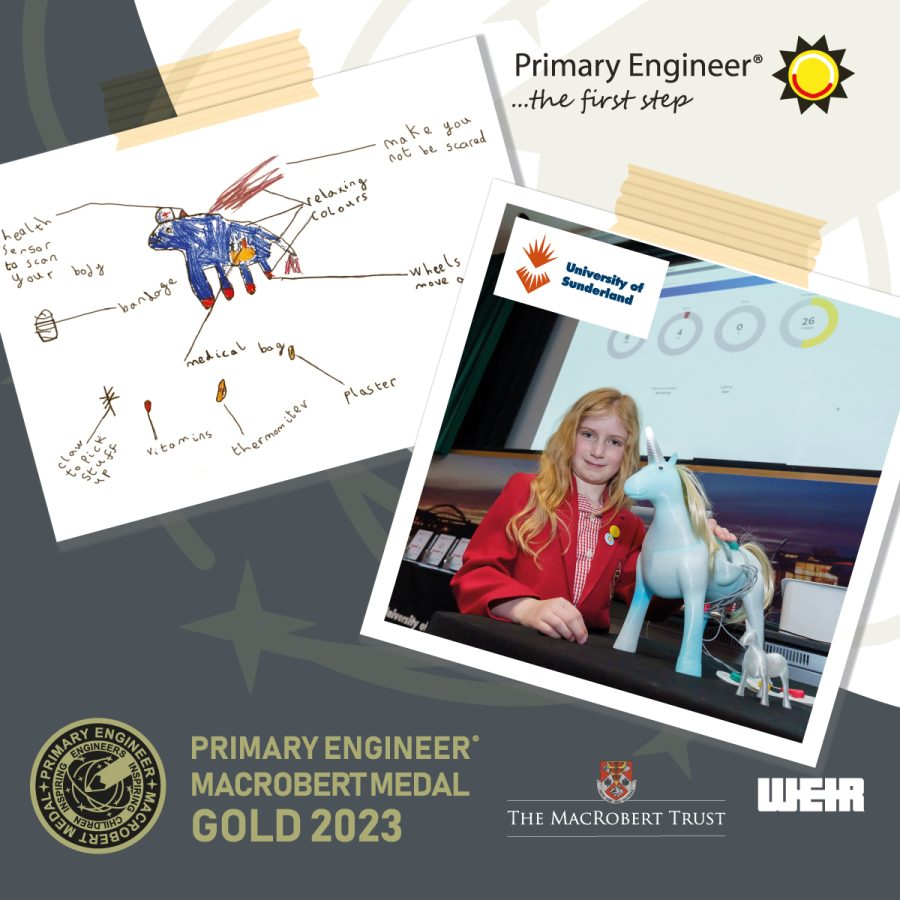
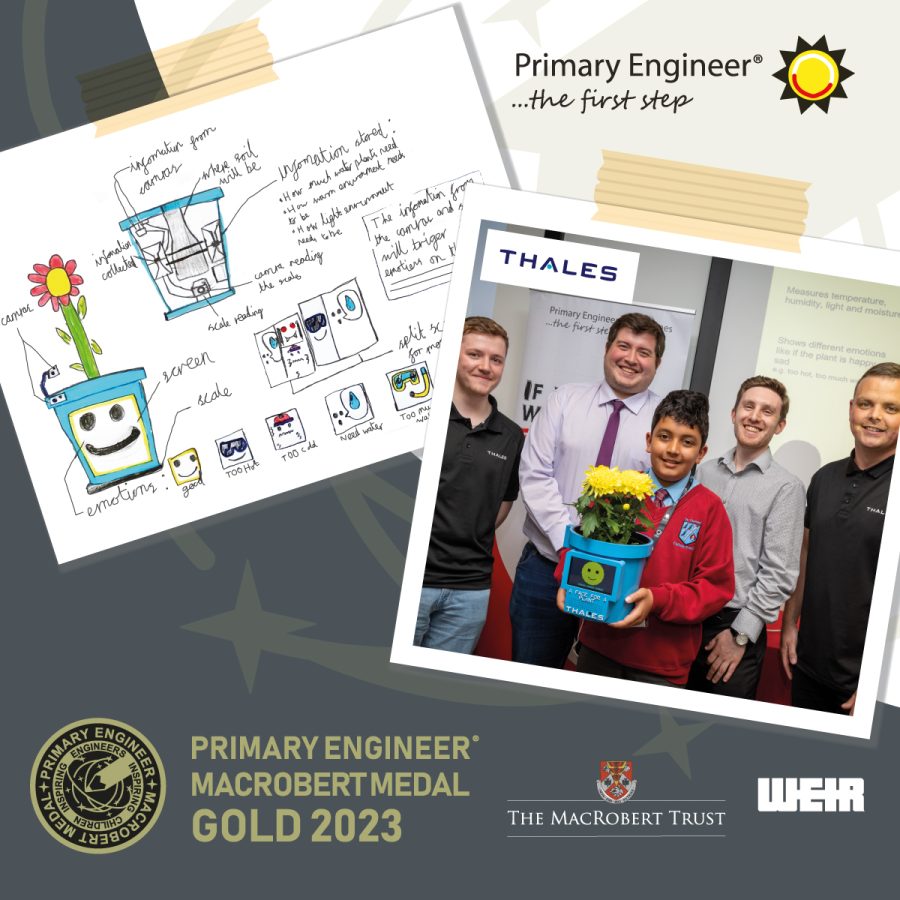
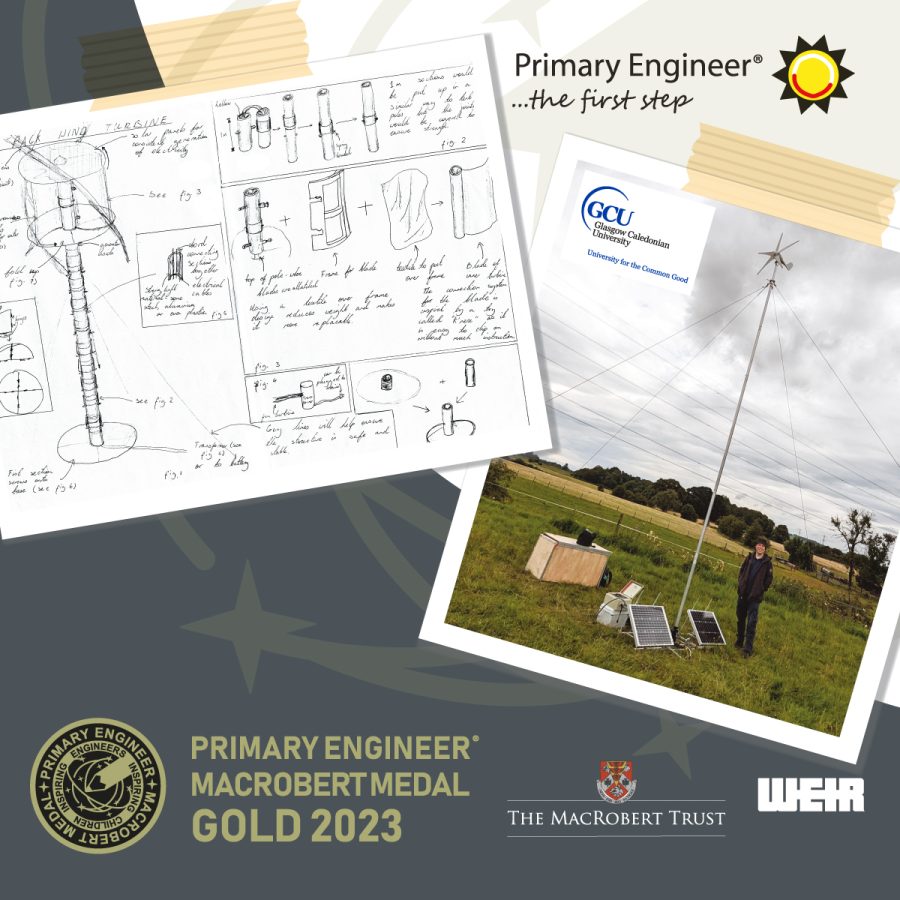 Flat Pack Wind Turbine
Flat Pack Wind Turbine